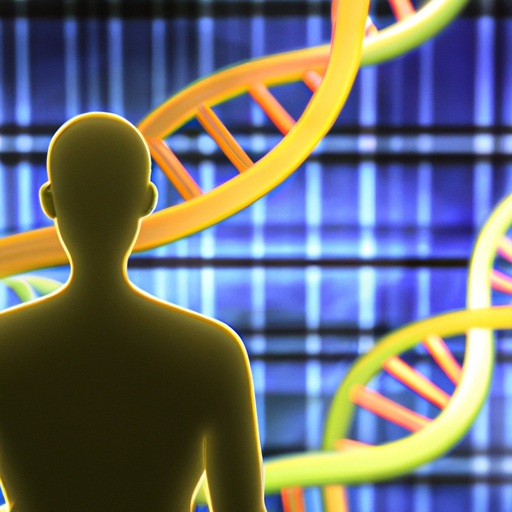In recent years, artificial intelligence (AI) has emerged as a game-changer in various fields, and nowhere is this more evident than in drug discovery. The pharmaceutical industry has always been at the forefront of innovation, but the integration of AI technologies is pushing the boundaries of how we develop new therapies. In this blog post, we will explore the transformative impact of AI in drug discovery, the methodologies employed, and the future potential of these technologies.
Understanding AI and Its Applications in Drug Discovery
AI in drug discovery refers to the use of algorithms and machine learning models to analyze complex biological data, predict how drugs interact with targets, and speed up the discovery process. The traditional drug discovery process is lengthy and costly, often taking over a decade and billions of dollars for a drug to reach the market. AI helps to streamline this process in several ways:
- Data Analysis: AI can quickly sift through vast volumes of data from various sources, identifying patterns that may be missed by human scientists.
- Predictive Modeling: Machine learning algorithms can predict the efficacy and safety of potential molecules, narrowing down the candidates to those most likely to succeed.
- High-Throughput Screening: AI enhances the process of screening thousands of compounds against biological targets to find the most promising candidates.
Real-World Applications of AI in Drug Discovery
Several companies and research institutions have begun implementing AI technology in their drug development processes. Here are a few notable examples:
- Atomwise: Using deep learning, Atomwise has developed a technology that predicts how different molecules will interact with biological targets, resulting in accelerated hit discovery.
- Insilico Medicine: This company employs generative adversarial networks (GANs) to create novel drug candidates, significantly reducing the time required in the early stages of drug development.
- DeepMind: Known for its AlphaFold technology, DeepMind is using AI to predict protein structures, which is crucial for understanding drug interactions at the molecular level.
The Future of AI in Drug Discovery
The future of AI in drug discovery looks promising. As AI technologies continue to evolve, their ability to integrate and analyze even larger datasets will improve, leading to:
- Faster identification of therapeutic targets
- More personalized medicine based on patient genetics
- Reduced costs and timeframes associated with clinical trials
Moreover, collaboration between tech companies and pharmaceutical giants is likely to become more common, paving the way for innovative solutions and breakthrough therapeutics.
Conclusion
AI is revolutionizing the way we discover and develop new drugs. By enhancing data analysis, improving predictive modeling, and streamlining the experimental processes, AI is enabling the pharmaceutical industry to bring effective therapies to market faster than ever before. As the field continues to advance, we can only expect to see even greater integration of AI technologies in the fight against diseases.
For more on the advancements in AI and its impact on various industries, stay tuned to our blog!




